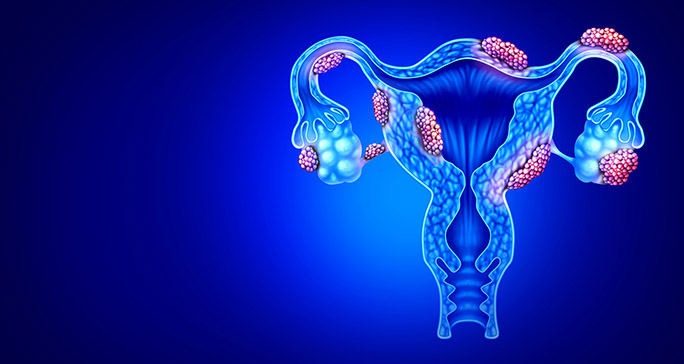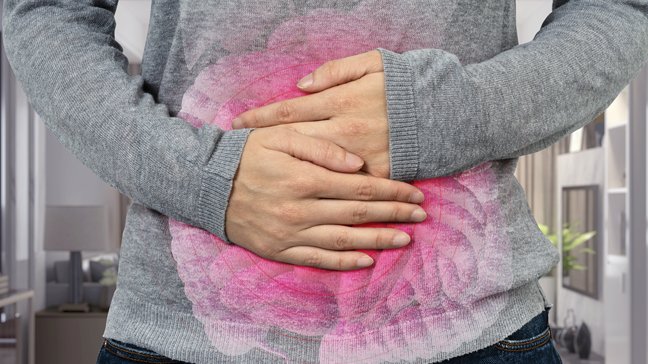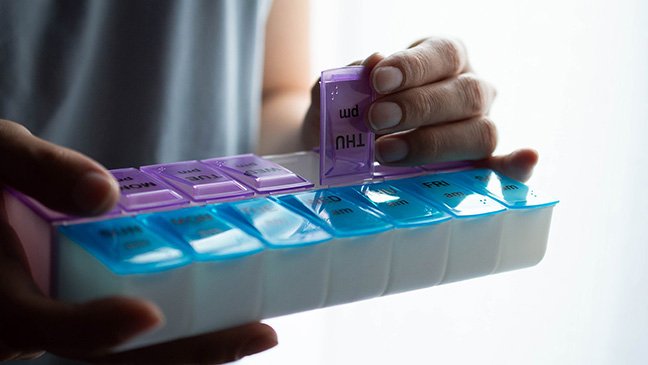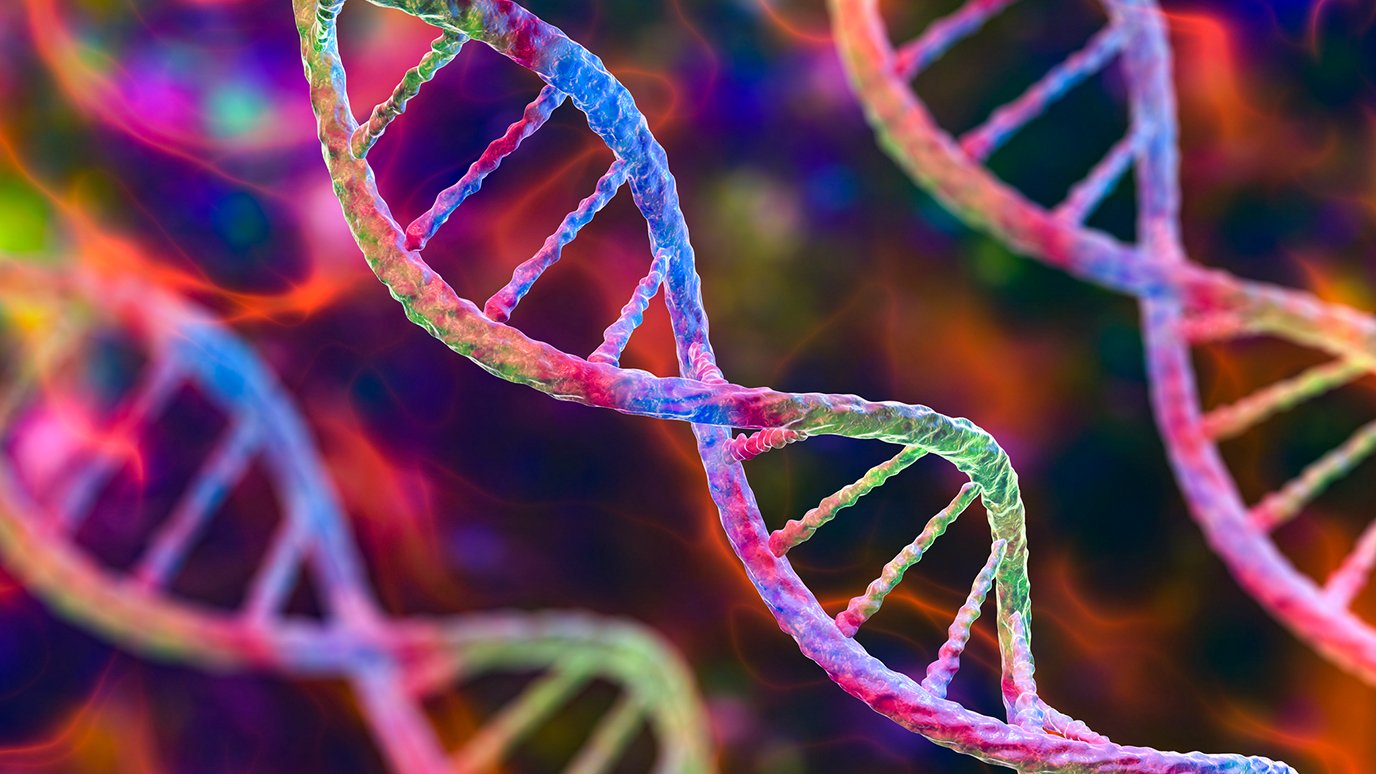- Diseases
- Acoustic Neuroma (14)
- Adrenal Gland Tumor (24)
- Anal Cancer (66)
- Anemia (2)
- Appendix Cancer (16)
- Bile Duct Cancer (26)
- Bladder Cancer (68)
- Brain Metastases (28)
- Brain Tumor (230)
- Breast Cancer (718)
- Breast Implant-Associated Anaplastic Large Cell Lymphoma (2)
- Cancer of Unknown Primary (4)
- Carcinoid Tumor (8)
- Cervical Cancer (154)
- Colon Cancer (164)
- Colorectal Cancer (110)
- Endocrine Tumor (4)
- Esophageal Cancer (42)
- Eye Cancer (36)
- Fallopian Tube Cancer (6)
- Germ Cell Tumor (4)
- Gestational Trophoblastic Disease (2)
- Head and Neck Cancer (6)
- Kidney Cancer (124)
- Leukemia (344)
- Liver Cancer (50)
- Lung Cancer (288)
- Lymphoma (284)
- Mesothelioma (14)
- Metastasis (30)
- Multiple Myeloma (98)
- Myelodysplastic Syndrome (60)
- Myeloproliferative Neoplasm (4)
- Neuroendocrine Tumors (16)
- Oral Cancer (100)
- Ovarian Cancer (170)
- Pancreatic Cancer (164)
- Parathyroid Disease (2)
- Penile Cancer (14)
- Pituitary Tumor (6)
- Prostate Cancer (144)
- Rectal Cancer (58)
- Renal Medullary Carcinoma (6)
- Salivary Gland Cancer (14)
- Sarcoma (236)
- Skin Cancer (296)
- Skull Base Tumors (56)
- Spinal Tumor (12)
- Stomach Cancer (60)
- Testicular Cancer (28)
- Throat Cancer (90)
- Thymoma (6)
- Thyroid Cancer (98)
- Tonsil Cancer (30)
- Uterine Cancer (78)
- Vaginal Cancer (14)
- Vulvar Cancer (18)
- Cancer Topic
- Adolescent and Young Adult Cancer Issues (20)
- Advance Care Planning (10)
- Biostatistics (2)
- Blood Donation (18)
- Bone Health (8)
- COVID-19 (362)
- Cancer Recurrence (120)
- Childhood Cancer Issues (120)
- Clinical Trials (628)
- Complementary Integrative Medicine (24)
- Cytogenetics (2)
- DNA Methylation (4)
- Diagnosis (230)
- Epigenetics (6)
- Fertility (64)
- Follow-up Guidelines (2)
- Health Disparities (14)
- Hereditary Cancer Syndromes (124)
- Immunology (18)
- Li-Fraumeni Syndrome (8)
- Mental Health (118)
- Molecular Diagnostics (8)
- Pain Management (62)
- Palliative Care (8)
- Pathology (10)
- Physical Therapy (18)
- Pregnancy (18)
- Prevention (898)
- Research (392)
- Second Opinion (74)
- Sexuality (16)
- Side Effects (604)
- Sleep Disorders (10)
- Stem Cell Transplantation Cellular Therapy (216)
- Support (404)
- Survivorship (322)
- Symptoms (184)
- Treatment (1776)
‘How I knew I had endometrial cancer’: Six survivors share their stories
4 minute read | Published September 21, 2023
Medically Reviewed | Last reviewed by an MD Anderson Cancer Center medical professional on September 21, 2023
Maria Lozano was already well into menopause when she started experiencing the most common symptom of endometrial cancer (also known as uterine cancer): abnormal vaginal bleeding.
“After 10 years of not having my period, suddenly I was bleeding again,” says Maria, who was 59 at the time of her stage III endometrial cancer diagnosis. “My sister told me I needed to see a doctor.”
Kirsten Arendes had a similar experience, though she was less than a year into menopause.
“I hadn’t had a period for about 10 months,” recalls Kirsten, who was diagnosed with stage I endometrial cancer at age 51. “Then I had one super, super heavy period. I assumed it was normal for things to kind of come and go toward the end, though, so I didn’t think anything of it. Then the same thing happened the following month. And the next one.”
Kirsten mentioned the bleeding to her doctor when she went in for a routine thyroid checkup.
“She said that shouldn’t be happening,” Kirsten notes, “especially since I was taking hormone replacement therapy for hot flashes and insomnia. She sent me for an ultrasound and, later, a biopsy.”
Abnormal bleeding serves as the body’s early warning system
Maria and Kirsten’s experiences are not unusual.
“Post-menopausal bleeding is actually a wonderful signal the body gives us that something is not right,” explains gynecologic oncologist Larissa Meyer, M.D. “While not all postmenopausal bleeding is due to cancer, 90% of women with postmenopausal endometrial cancer experienced abnormal vaginal bleeding. So, it certainly warrants an endometrial biopsy, which can usually be performed as a simple, in-office procedure.”
“Unlike ovarian cancer, which is often diagnosed in the later stages due to an absence of clear symptoms, vaginal bleeding after menopause is a sentinel sign of endometrial cancer that drives many people to see the doctor,” she adds. “Often, it allows us to diagnose endometrial cancer in its earlier stages when the disease is easier to treat.”
Abnormal vaginal bleeding is sometimes hard to notice
Abnormal vaginal bleeding is such a common symptom of endometrial cancer that it occurs in much younger women, too.
“It’s trickier to diagnose in the premenopausal population, though,” notes Meyer, “because a lot of those women have never really menstruated normally, so changes associated with the development of cancer may not be as noticeable.”
Some women might experience only sporadic bleeding, for example, or have menstrual periods that don’t follow a typical monthly cycle.
“If that’s your normal,” Meyer notes, “and nobody ever told you to expect otherwise, you might not even recognize that the bleeding is from cancer -- or have been told about ways to determine if it might be, such as an endometrial biopsy.”
That was the case for Becky Black, who was 39 when she was diagnosed with stage I endometrial cancer.
“I’d had menstrual issues ever since my first period,” she recalls. “My cycle was never normal. Then they became even more irregular, with bleeding in between my periods.”
Tralisa Woods reports a similar experience.
“I’d had heavy and irregular periods my whole adult life because of endometriosis and polycystic ovarian syndrome (PCOS),” she says. “But when the bleeding got even worse, I attributed it to getting older. I explained away the increased bloating and abdominal pain as menstrual cramps.”
The common thread between infertility and endometrial cancer
Endometriosis, PCOS and several other conditions can cause irregular ovulation, making the conventional method of conception a challenge. That’s why many younger women only discover they have endometrial cancer when they seek help for infertility.
“My husband and I had been trying to get pregnant for years,” recalls Callie Glaves, who was 31 when she was diagnosed with stage II endometrial cancer. “My regular gynecologist had been on my case to see a specialist because I had a history of ovarian cysts. I finally said OK in 2016.”
That’s when Callie found out she had cancer.
“Whether it’s not ovulating due to PCOS, obesity or some other cause, the same issues that can lead to infertility often predispose women to endometrial cancer,” Meyer explains.
Other common symptoms of endometrial cancer
Not everyone with abnormal vaginal bleeding will be diagnosed with endometrial cancer. But other symptoms of this disease include:
- pelvic pain
- unexplained weight loss
- abnormal vaginal discharge
Moina Faruqui experienced the last symptom on that list for about three months before she was diagnosed with stage IV endometrial cancer at age 65.
“In the fall of 2009, I started feeling not just tired, but exhausted,” says Moina, now 78. “I also had an unpleasant vaginal discharge. It wasn’t bloody, but it was very foul-smelling.”
When to see a doctor for endometrial cancer symptoms
About 75% of patients diagnosed with endometrial cancer are already in menopause. But the disease is increasing in younger populations by about one or two percentage points per year, Meyer notes.
"So, the bottom line is that if you have concerns about your cycle, or if you think you’re experiencing abnormal bleeding or any other symptom of endometrial cancer, talk to your gynecologist,” she says. “And, if you’re already in menopause and start bleeding again, get checked out. Because that’s not normal. Periods don’t just suddenly start up again years after they’ve stopped.”
Request an appointment at MD Anderson online or by calling 1-866-448-2086.
Related Cancerwise Stories

Vaginal bleeding after menopause is a sentinel sign of endometrial cancer.
Larissa Meyer, M.D.
Physician





